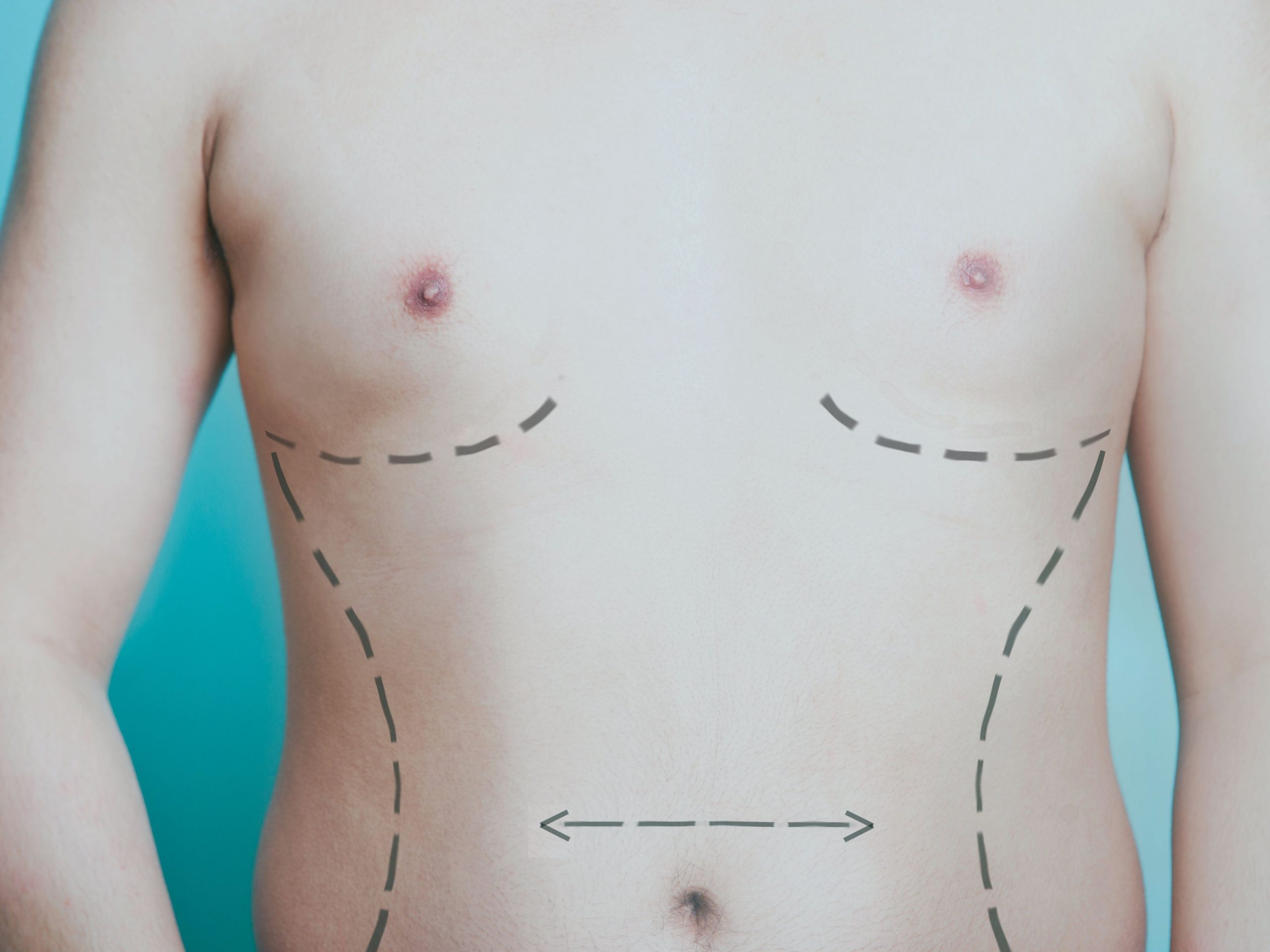7 Tips to speed up your post-op recovery recovery process
Aesthetic surgery has grown in number during the last decades. Today, women and men take advantage of this kind of procedure. In some cases the post- op is not as easy and straightforward as you think. There are a lot of things you can do to help your body recover faster. In this blog we are going to share some tips to help you to speed up your post-op recovery process after surgery.
1 . Compression garment key to speed up your post-op
Wearing your compression garment is very important as part of your post -op recovering for the following reasons:
- You may feel more comfort and support
- It reduces the accumulation of fluids
- Blood circulation around the treated area will improve
- It helps with body contouring as it holds the tissue in place
- It helps to reduce pain and inflammation
First, for the garment to be effective, you need to wear the right garment for your type of surgery and have the right compression base on the stage of your surgery.
Second, you need to wear your garment 24/7 for 4 weeks or more based on your cosmetic surgery. Make sure you have spare garments available to change them (there will be one clean, always).
Third, take into account that as the swelling reduces your size will change, too. So you will need new compression garments; remember that if the compression garment is too loose it doesn’t work anymore.
2 . Importance of a healthy diet during your post- op
- Reduce sodium. It makes your body retain water, therefore it slows your healing process.
- Avoid sporting drinks. They have a large quantity of sodium.
- Avoid sugar. It not only increases levels of blood glucose, but also can suppress your immune system, disrupt the mineral balance of your body and increase inflammation.
- Eat fresh vegetables and fruits, and have healthy snacks.
- Eat more protein, include it in every meal. It helps with wound healing, tissue repair, muscle and skin regrowth.
- Eat small, frequent portions during the day (try every 3 hours). This helps you to avoid nausea and swelling and prevents constipation.
- Hydration is key. Increase water intake. Your body needs water to eliminate water. Increase the consumption of high water fruits and vegetables (watermelon, celery, grapefruit and others). Avoid artificial drinks.
- Do not forget to consume probiotics because antibiotics and other medicines will destroy the good bacteria in our stomach.
3. Do not forget to move to speed up your post-op recovery
Start moving as soon as you can. It is important to move to eliminate fluids, if you don’t move you will retain them. Therefore, your recovery will take longer. Walk 5 mins every hour until you are able to walk longer.
Ask your surgeon what kind of exercises you can do or when you can start going to the gym or doing strenuous exercises. Exercise is good to increase circulation and helps your lymph fluid flow. However, don´t extra effort and if you feel nausea, dizziness or fatigue stop your activities. Remember your body has suffered a big trauma and you need rest, too.
4. Start your post-op Lymphatic Drainage as soon as possible
Book your post-op Manual Lymphatic Drainage as soon as possible. It helps you to reduce swelling, bruisers, lumps, stress and fluid retention. It will give you a sensation of calm and comfort. MLD speeds up the recovery process, increasing wound healing.
The post- op massage, helps your body contouring, reduces fibrosis and helps you have better and faster outcomes after surgery.
5. Be careful with your clothes
Avoid tight clothes or elastics around the treated area to avoid skin marks and indentation in the tissue. This could damage the final outcome of the surgery.
6. Minimize your scar
Rubbing the scar with your finger is the best way to stimulate blood flow, and increase the flow of skin-rejuvenating oxygen and nutrients.
There are different products in the market to reduce the scars, ask your surgeon for the best option for you.
In addition, always use sunscreen. Avoid sun exposure at least for the first year. Sun exposure on scars may cause permanent discoloration.
7. Do not smoke during your post- op
When you smoke you increase the risk of narrowing your small blood vessels that normally bring oxygen, nutrients, and healing factors to your injured area. This slows down healing and may extend the duration of your pain.
If you smoke you could cause your platelets ( components in your blood) to clump and form clots. Clots block the small blood vessels that carry blood and oxygen to injured tissues, thus interfering with healing in an injured area. Blood clots can travel to the lung or heat causing embolism severe complications which could be fatal.
Besides, smoke raises your blood pressure and increases your adrenaline, which increases your risk for a heart attack.
We hope this information is useful for you. If you need advice or have any questions about our treatments, please contact us. You can find us in Mill Hill Broadway and Islington. We are always happy to help. If you like this blog, please share!



